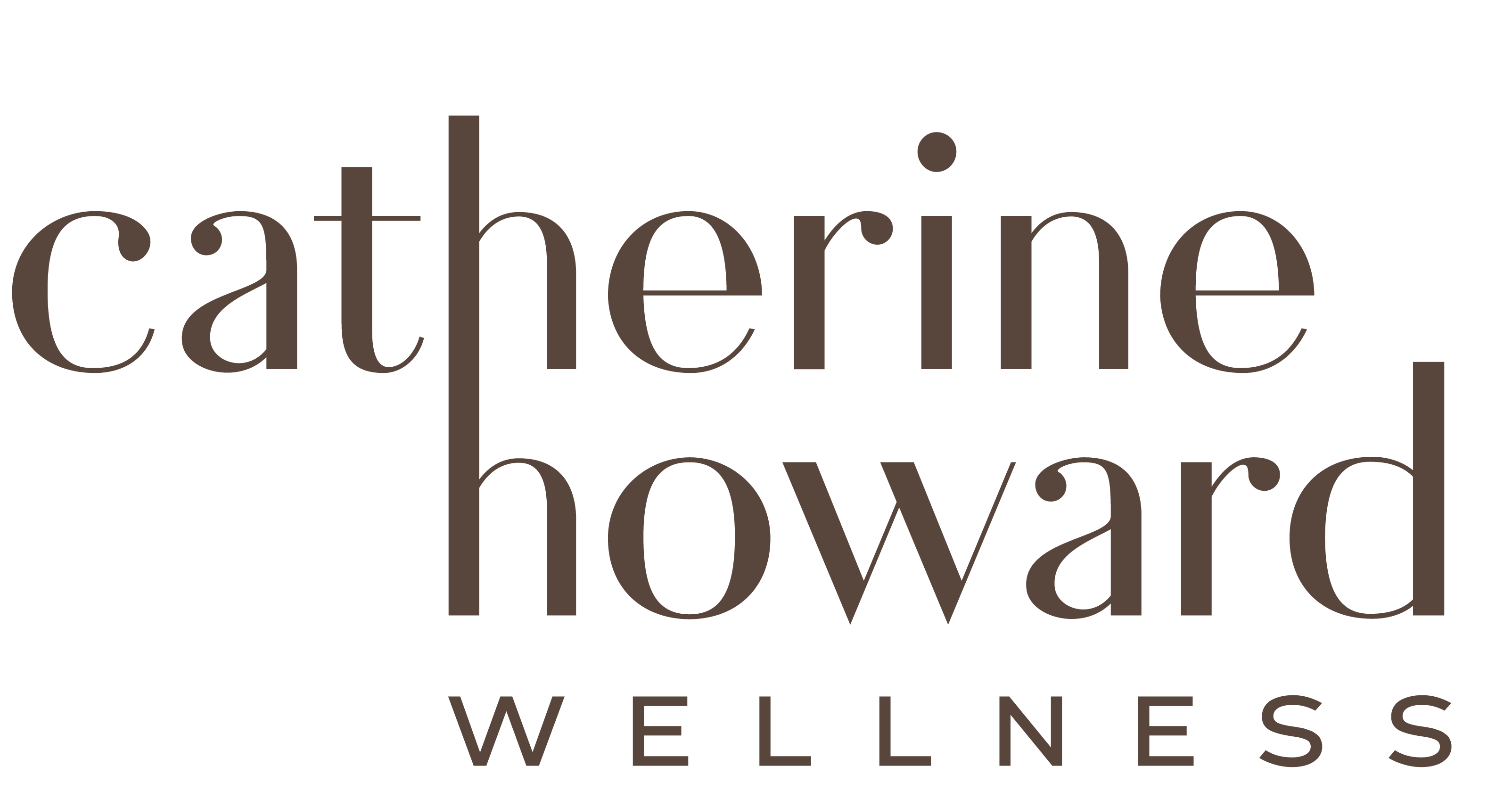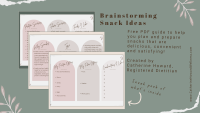Tired of restrictive diets and confusing nutrition advice? I’m here to help you ditch the stress and discover what works best for YOU in your food journey. Even with health conditions like high cholesterol or blood pressure, we can navigate together without rigid rules. Here’s what we’d work on while focusing on your heart healthy diet changes:
Step 1: Self-Discovery, Not Labels
Most people wanting to make changes to their diet believe their familiar habits are “bad,” which necessitates replacing them with habits that are “good” or “healthy.” They often attempt to trade their familiar eating habits for something completely different. Unfortunately, this approach tends to not be long-lasting for a number of reasons, including it’s too much change at one time, it’s an all-or-nothing approach that doesn’t leave room for life’s demands, and it doesn’t take into account important factors that shape eating habits like access and availability to nutritious foods.
Let’s imagine we’re starting to work together as you develop eating habits that support heart health. That might be measured by cholesterol levels in bloodwork you review with your doctor or your blood pressure. In order to develop habits that contribute to reaching and maintaining cholesterol levels and blood pressure that are associated with lower risk of health events and illness.
First, we’ll explore your usual eating patterns, focusing on key areas like sodium, fiber, and saturated fat. Once you’re familiar with your eating patterns, we’ll work together to identify areas to focus on for small, sustainable changes.
Sodium Savvy:
- Prioritize foods in their more natural form, like fruits, vegetables, and whole grains, to limit processed sodium.
- All nutrition advice should be individualized, but a general guideline for sodium intake is to aim for 2300 mg or less per day. That’s around 600 mg sodium per meal and 300 mg per snack if you usually have 3 meals and 2 snacks per day.
- Identify major sodium sources like processed meats, cheese, and packaged snacks.
- Experiment with one or two small changes at a time, like swapping processed lunch meats for grilled chicken.
Fiber Power:
- Embrace fiber-rich foods like fruits, vegetables, whole grains, and beans. They manage cholesterol and keep you feeling full.
- Aim for 25-30 grams of fiber daily.
- Planning and preparation are key to consistently choosing whole foods. Taking care of a little bit of preparation ahead of time can make it much easier to include fresh foods in your diet on a regular basis- and it helps with avoiding food waste!
Saturated Fat Awareness:
- Saturated fat guidelines are usually offered in terms of a percentage of total calorie intake. Rather than tracking or calculating grams, we’ll make sure you understand patterns in your diet that contribute to saturated fat consumption.
- High-fat dairy, processed meats, and fried foods are common sources.
- Reading nutrition labels is key to understanding your specific choices.
Step 2: Action & Support
Once you’re comfortable, we’ll collaborate on personalized action plans to address your needs for a heart healthy diet. After you spend some time working with your action plans, we’ll review what you learned, highlight what went well, and identify any needed adjustments to help with continuing to work on your heart healthy diet goals. Remember:
- Planning, preparation, and eating regular meals and snacks are key to managing sodium, saturated fat, and fiber intake.
- Stress management is crucial for navigating food choices with ease. Being kind and compassionate to yourself helps you learn and overcome obstacles, and making healthy eating easier decreases stress!
Ready to ditch the diet and discover your best eating habits? Use the link below to contact me today for a free consultation. I’m here to guide you on your journey to a healthier, happier you!
READY TO GET STARTED?
Book A Free Discovery Call
Are you ready to stress less while you make progress toward your health goals with evidence-based strategies and support from a coach? Book a discovery call today and let’s see if we’re a match to work together.
Want some help getting started with the changes mentioned above? Be sure to check out my FREE snack planning guide!






0 Comments